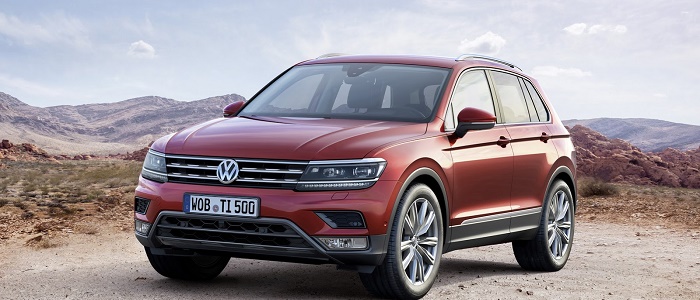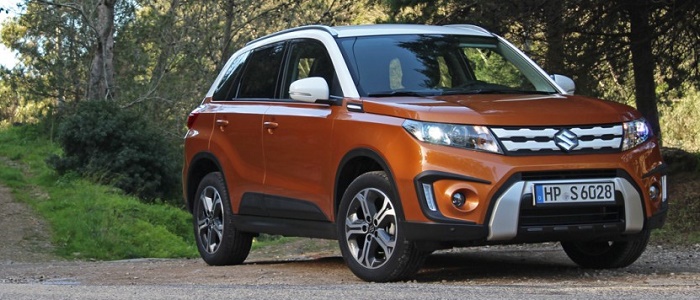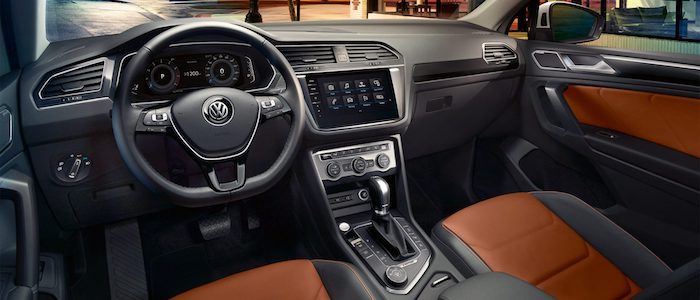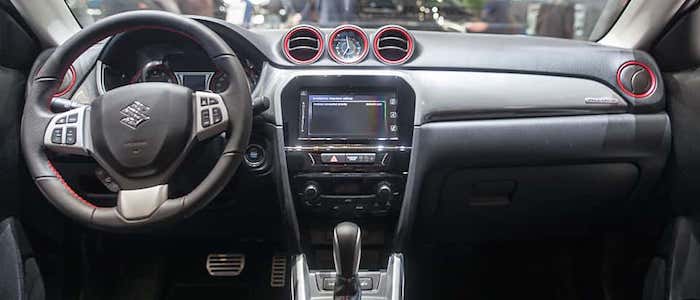Compare two cars
Compare any two cars and get our Virtual Adviser™ opinion
Dimensons & Outlines
Check vehicle history
Engine
Performance (manual gearbox)
Performance (automatic gearbox)
Expenses
Virtual Adviser's™ opinion
Well, these are two pretty similar cars we have here! It's only details that could potentially make the difference. Considering they both belong to the suv segment and utilize the same 5-door suv body style and the 4 x 4 wheel drive system, it all comes up to the specific diesel engine choice they offer. The first one has a Volkswagen-engineered powertrain under the hood, a 4-cylinder, 16-valves 240hp unit, while the other one gets its power and torque from a 4-cylinder, 16-valves 120hp engine designed by FIAT.
SafetyBoth vehicles got tested by European New Car Assessment Programme (Euro NCAP), with the same number of safety stars gained in the process. Still, apart from the official crash test results there are other things we need to be aware of. Both vehicles belong to the suv segment, which is generally a very good thing safety-wise, still it doesn't help us solve our dilemma, does it? Furthermore, taking kerb weight as an important factor into account, the German car offers a potentially life-saving difference of 41% more metal.
ReliabilityI don't like generalizing things when it comes to reliability, although it does seem that Suzuki as a brand displays somewhat better results, all the models observed together. These are the official statistics, while our visitors describe reliability of Volkswagen with an average rating of 4.2, and models under the Suzuki badge with 4.6 out of 5. Independent research findings rank Tiguan as average reliability-wise, and Vitara is more or less at the same level.Above it all, drivers of cars with the same engine as the German car rank it on average as 5.0, while the one under the competitor's bonnet gets 4.4 out of 5.
Performance & Fuel economyVolkswagen is way more agile, reaching 100km/h in 6.2 seconds less than its competitor. In addition to that it accelerates all the way to 230 kilometers per hour, 50km/h more than the other car. When it comes to fuel economy an obvious choice would be the Japanese car, averaging around 4.2 liters of fuel per 100 kilometers (67 mpg), in combined cycle. That's 52% difference compared to the German car!
Verdict
Suzuki appears just a bit more reliable, although the difference is truly marginal. The most important thing when deciding between any two vehicles should always be safety, both passive and active. In my opinion, everything taken into account, the German car offers much better overall protection, which launches it ahead of the other contender. It all continues in the same direction, with Volkswagen outracing its opponent in any situation possible, making it better choice for boy racers. It does come at a cost though, and that's the fuel consumption... No mistake, whatever you decide here, but I'd still go for the Volkswagen. Nevertheless, let's not forget that people have different preferences and needs, so what really counts is your personal feel. I'm only here to help. I suggest you spend two more minutes in order to find out which car, based on your needs and budget, would be picked by the virtual adviser™, out of 12.000+ vehicles we currently have in our database.





































